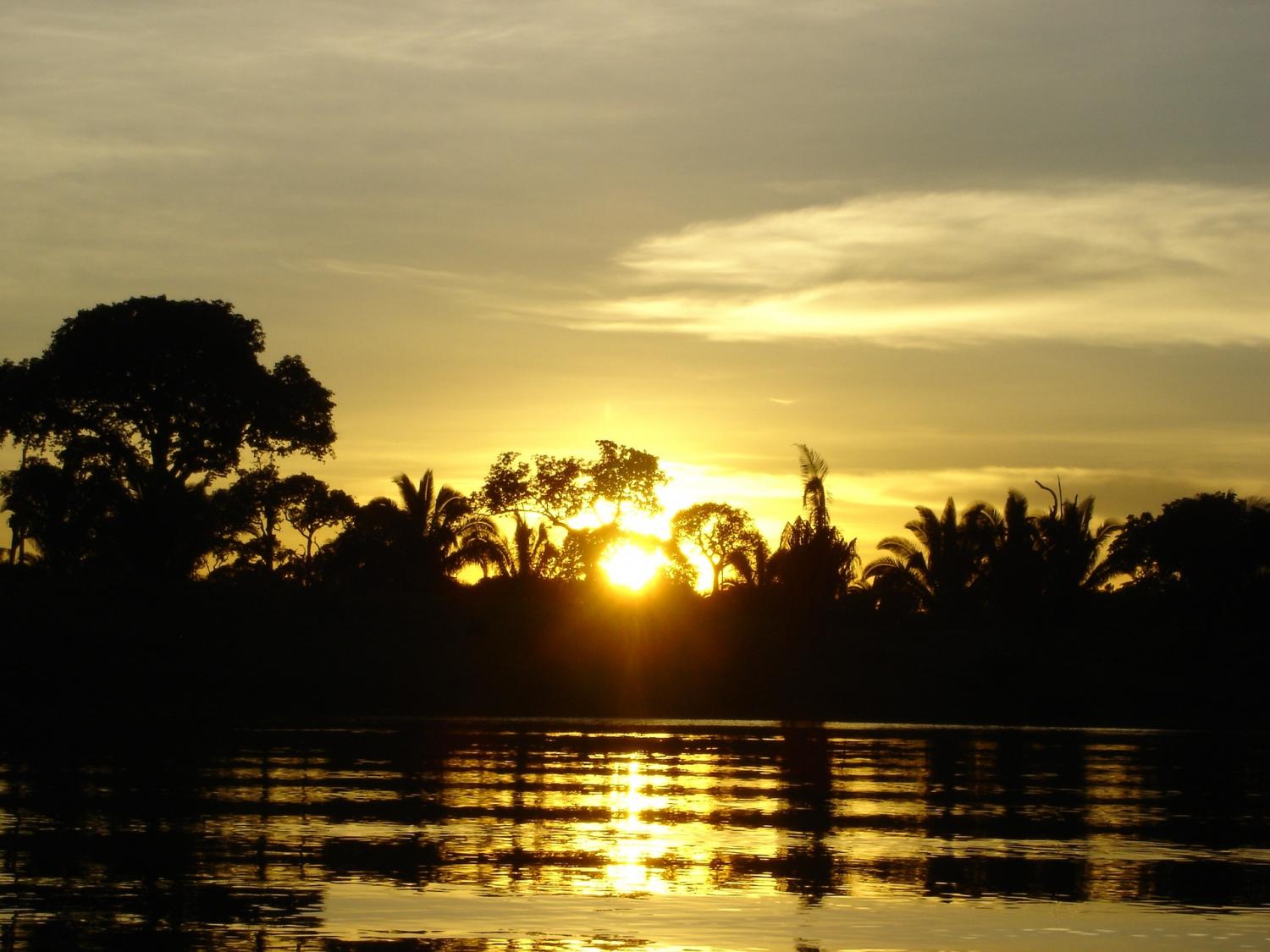
Environmental catastrophes are a reminder of how various international protocols, such as the Equator Principles, are critical at a time when millions of lives are at stake.
Right now, a horrific environmental and human tragedy is unfolding in the Brazilian Amazon, where thousands of illegally set fires are devastating the tropical landscape, encroaching into indigenous territories. The key drivers are farmers seeking land to grow soy and raise cattle, and their actions are often backed by Brazilian agricultural interests. Global corporate supply chains are directly connected, as various NGOs, including Mighty Earth, have identified Cargill, Marfrig, Blackrock, JP Morgan Chase and even the retailers Walmart and Costco as being connected to the Brazilian fires.
“Multinational corporations helped create these conditions for profiteering at the expense of the lungs of the earth – and these same companies are poised to profit further as today's fires open up the door for tomorrow's plantations and ranches,” said Amazon Watch, Rainforest Action Network and Friends of the Earth in a joint press statement.
How can this be happening? Deforestation has long been accepted as a global problem and numerous companies – including several implicated in the Brazil fires – have agreed to zero-deforestation and other ethical supply chain agreements. NGOs have placed special blame on financial institutions, foremost BlackRock, for funding local companies and enabling them to aggressively expand into the Amazon.
One of the largest mechanisms meant to ensure that financial institutions do not encroach on the rights of indigenous peoples, or otherwise harm the environment and local communities, are the Equator Principles. Initially formulated in 2003, the principles are voluntary guidelines for financial institutions to not fund projects that violate indigenous rights, harm labor standards, or damage the environment. Currently 97 financial institutions are members, but, unfortunately, that does not mean as much as it should. Case in point: The Dakota Access Pipeline (DAPL).
“13 of the 17 banks providing financing for DAPL were signatories to the Equator Principles,” said Steven Heim, Managing Director at Boston Common Asset Management, during a recent interview with TriplePundit. “Without being strengthened the Equator Principles will lose relevance for both investors and banks.”
The DAPL situation is part of the reason that Boston Common Asset Management, along with 50 investors and organizations representing $2.9 trillion in assets, are calling on global financial institutions to strengthen the Principles so that situations like that do not occur again. They see this as a problem of will, particularly to change practices within institutions.
“If banks employ better risk management frameworks they will prevent contributing to human rights abuses and damage to their reputation,” said Heim. “It will also allow natural resource companies to retain access to resources and build long-term positive relationships with Indigenous Peoples.”
One key critique of the Equator Principles is that there is not a strong, built-in grievance mechanism that would allow indigenous peoples and other impacted communities to directly challenge members. Others believe that there need for more accountability so that members are held responsible when they fund or invest in projects like DAPL that disregard social and environmental principles.
The Equator Principles specifically mentions indigenous peoples for a reason. They play a key role globally in land management. Studies show that they are the best stewards of natural landscapes and biodiversity, live in regions with some of the planet’s densest carbon stock, and their traditions could show the whole world how we can live in balance with nature as we begin to see the impact of climate change. Despite this, they are under threat from land encroachment, development and other threats nearly everywhere they live.
There is also a need for financial institutions to ensure they only invest in companies that respect indigenous rights. The Brazil fires, which some fear could hit a tipping point and result in the Amazon no longer functioning as a living tropical forest, show just how much is at stake.
“Indigenous peoples play a critical role in stewardship of the world's forests and biodiversity including the Amazon as well as other rainforests and temperate forests,” said Heim. “Additionally, it's also important that a long-term view towards a thriving Amazon is taken which will benefit indigenous peoples and other stakeholders rather than adopting a shortsighted view of burning trees and brush for agriculture.”
The Equator Principles are currently under review, with a fourth iteration expected soon. Let’s hope that the Amazon fires along with concerted pressure from the coalition led by Boston Common Asset Management pushes the organization to add teeth to the principles. The planet, and indigenous peoples around the world, can no longer wait.
Editor's note: Be sure to join us this fall at 3BL Forum: Brands Taking Stands – What’s Next, at MGM National Harbor, just outside Washington, D.C., on October 29-30, 2019. One theme we’ll explore is how companies, with employees at the helm, are reinventing themselves – whether it’s redefining their purpose, making social impact commitments or finding where to put a stake in the ground. Receive a 25 percent discount using this code NEWS2019BRANDS when you register here.
Image credit: Pixabay

Nithin Coca is a freelance journalist who focuses on environmental, social, and economic issues around the world, with specific expertise in Southeast Asia.














